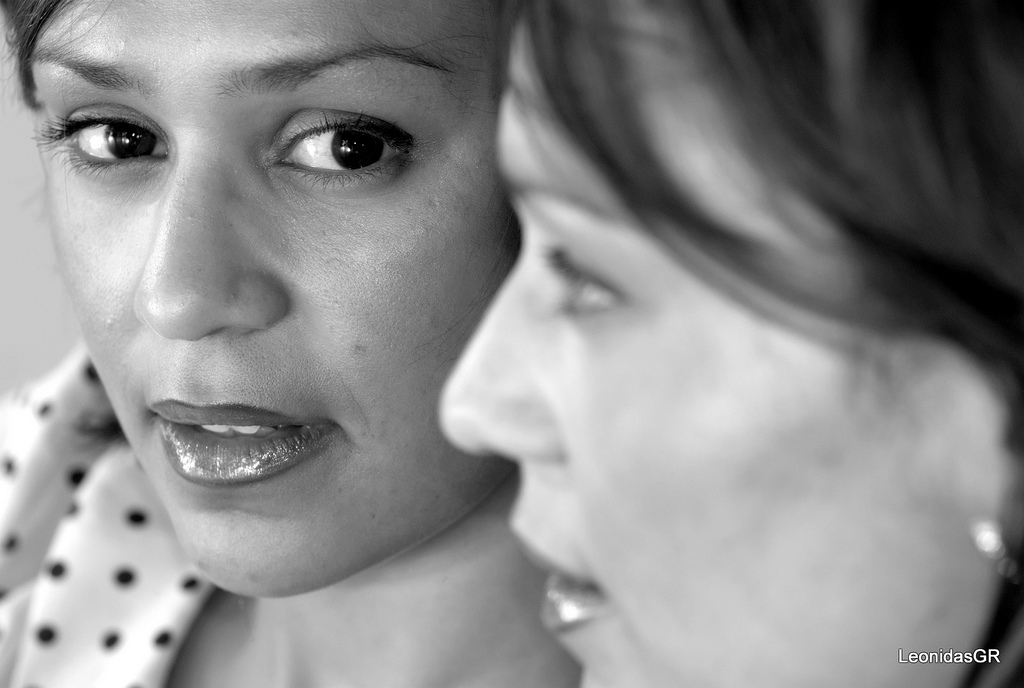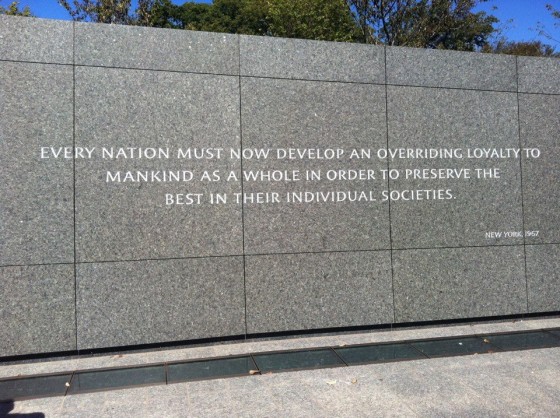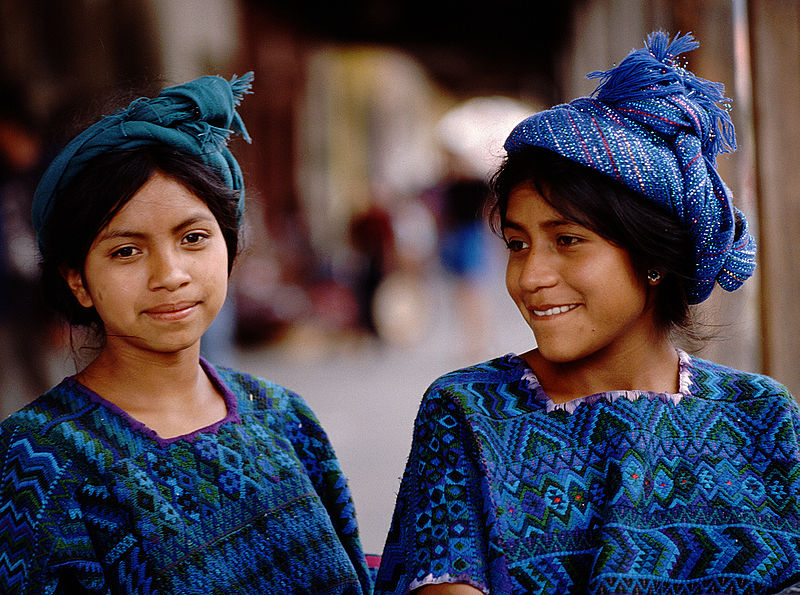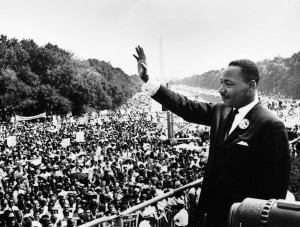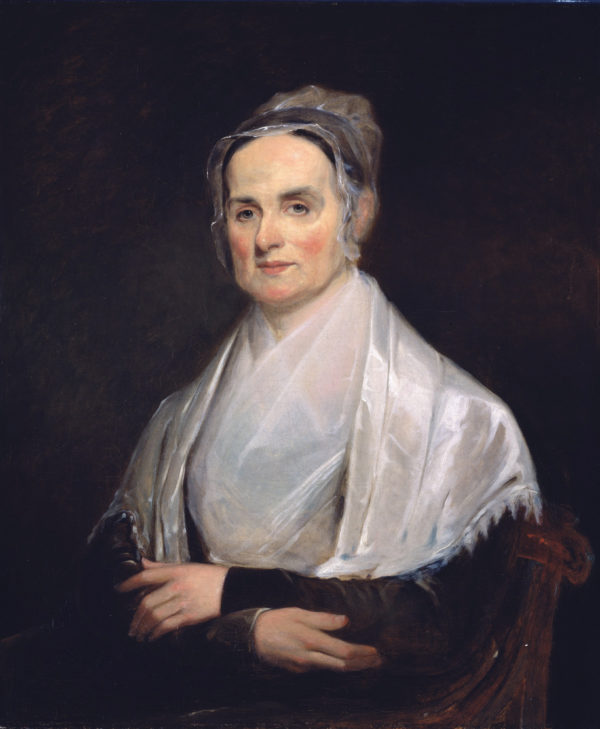-
Do Foreigners Have the Same Human Rights as the Rest of Us?
At the core of human rights is the axiomatic truth that human beings have inherent rights: that all human beings are equal and possessed of dignity and that violation of such rights is both morally offensive and legally impermissible. An alternative ordering of human relationships is mandated by exclusive national citizenship. Implicitly and explicitly national citizenship counsels the primacy of the privileged ‘citizen’ over the ‘non-citizen’ ‘other’. Everywhere we see the manifestation of this ordering in gross, systematic and widespread human rights violations: in our laws, practices, attitudes and media. Some of ‘us’ are the privileged beneficiaries of those violations: and we violate the human rights of foreigners as if…
-
Bartolome de las Casas: An early human rights worker
Bartolome de las Casas is one of those remarkable people in history who arose at the very beginning of the modern human rights movement. A great humanitarian; he learnt human rights in his encounter with the people of Central and South America during the sixteenth century European invasion of the Americas. He used his office as Dominican friar and later Bishop to uphold the human rights of the indigenous peoples of the Americas. Las Casas came to the America’s as part of the colonial expeditions from Spain, arriving in 1502 in Hispaniola (now Haiti and the Dominican Republic), at the very beginning of the encounter between the Europeans and the people of the Americas.…
